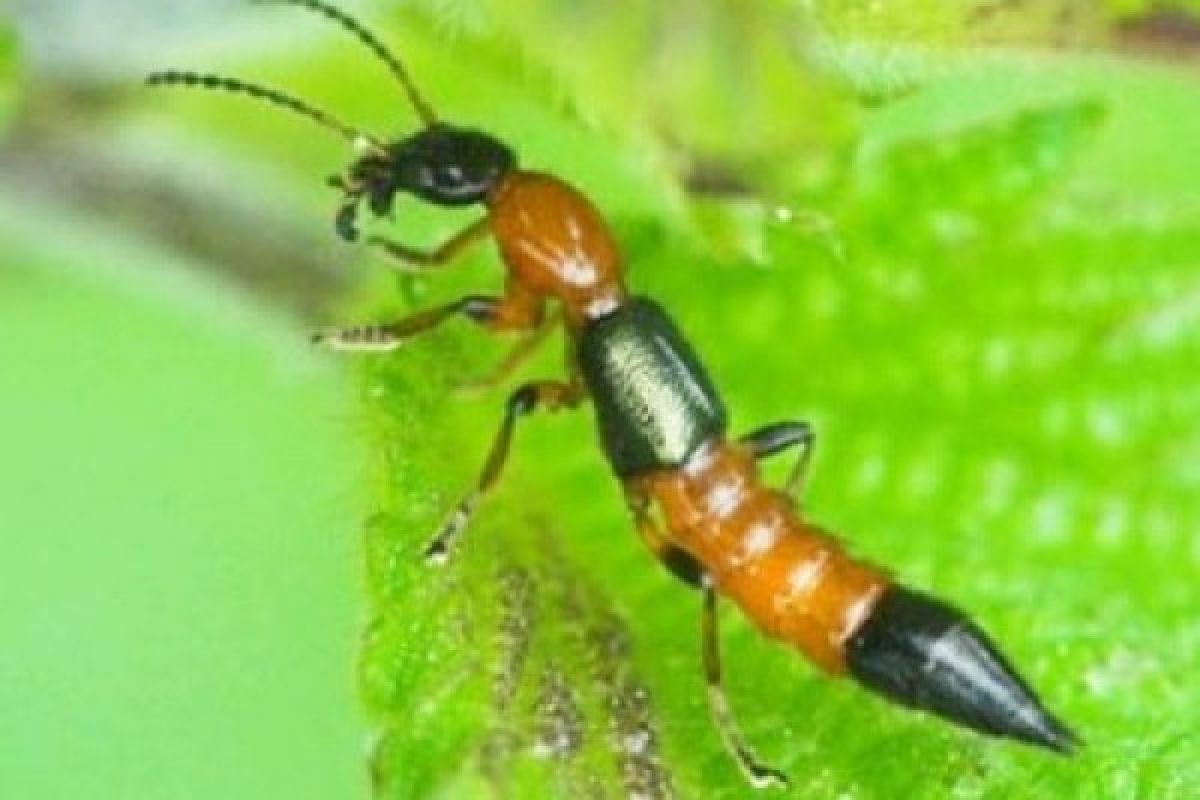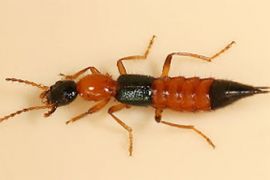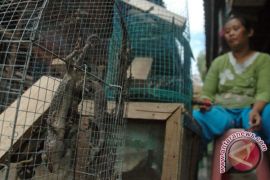"We have received a report that two residents have been bitten by rove beetles, locally known as `tomcat`," Dr. Mafilindati Nuraini, Head of the Sleman Health Office, said here on Thursday (March 22).
The two locals were reported to have suffered from skin irritation as a result of the beetle bites, she stated.
"We are now doing our best to identify the (nature of the) attack. If any irritation is evident, it indeed looks like (a case of) beetle bites," she added.
The health official appealed to the public to refrain from panicking over the attack by the poisonous insect. She explained that her office would soon be coordinating with the agriculture service in an effort to prevent an escalation in the beetle attacks.
In the meantime, the Wild Animals Conservation Forum (FOKSI) in East Java has requested the public to stop hunting geckos following the rove beetle attacks in various parts of the province.
Indra Harsaputra, East Java Foksi Program Manager, said in Surabaya on Thursday (March 22) that although the gecko is on the list of protected animals, it is also a predator of rove beetles.
He noted that March 2012 has seen a peak in the productivity of the "wereng" insect (Nilapavarta lugnes stal), which is the tomcat`s food, while the number of geckos has dropped sharply.
Harsaputra said there was no accurate data on the gecko population in Indonesia, but according to the Forest Ecosystem Conservation of the Conservation Section of the Sixth Region in Probolinggo, East Java, the number of geckos caught nationwide currently reaches 50,000.
(Uu.A014/KR-BSR/B003)
Editor: Priyambodo RH
Copyright © ANTARA 2012











